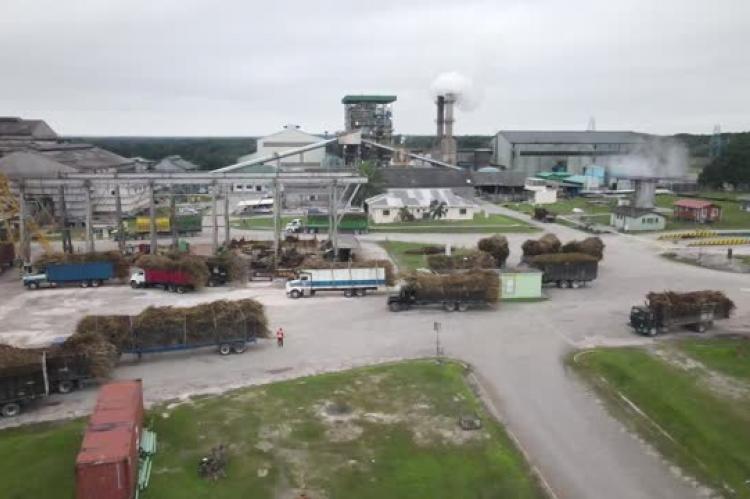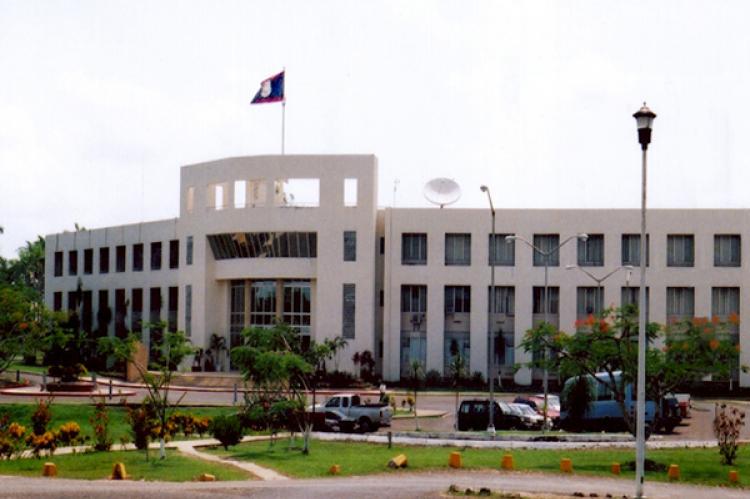“Beneath the Cane: Power Shifts and Silent Battles in Belize’s Sugar Industry”
By Omar Silva | National Perspective Belize – Digital 2025
Belize City: Wednesday 26th March 2025
A high-level meeting between the Government of Belize and the American Sugar Refineries-owned Belize Sugar Industries (ASR/BSI) is scheduled for early next month, signaling a renewed political push to address long-standing tensions in the country’s most vital export sector. The talks will be led by Prime Minister John Briceño himself, flanked by Minister of State for Economic Transformation, Dr. Osmond Martinez.
This development is notable not only for its timing but for its underlying message: that Belize’s sugar industry, long seen as a private sector issue, has now become a ministerial priority at the highest level. And yet, for many, this move comes as both too little and too late.
Dr. Martinez, who previously worked closely with ASR/BSI while at the Ministry of Foreign Trade, has now been entrusted with the day-to-day oversight of an industry that is privately owned—an arrangement that raises more questions than answers. Why is a government minister tasked with overseeing a foreign-owned company’s operations? And why now?
The sugar industry has been simmering with discontent for years. ASR/BSI’s 2012 takeover of the once locally-controlled Belize Sugar Industries Limited introduced a new era of foreign dominance, sparking decades-old tensions between millers and farmers into fresh confrontations. From payment disputes to questions of fairness and transparency, the farmers—particularly those under the Belize Sugar Cane Farmers Association (BSCFA)—have remained vocal and resilient.
The recent agreement signed between BSCFA and ASR/BSI, brokered under pressure in early 2024, may have brought temporary calm. But the underlying fractures remain, especially now that the Prime Minister has centralized power over sugar, removing it from the hands of Agriculture Minister Abelardo Mai and placing it squarely within his own office. Martinez, once a full Minister, has now been “demoted” to Minister of State, yet wields heavy influence over an industry that sustains thousands.
These quiet reassignments, opaque decisions, and unannounced shifts suggest deeper political maneuvering—perhaps even a brewing undercurrent of privatization, foreign appeasement, or internal party discord.
On a televised talk show, Prime Minister Briceño attempted to explain the reassignment, citing concerns raised by ASR/BSI during an emergency meeting earlier this year. But the timing of this sudden concern—five years into the administration’s rule—strikes many as suspect. If the government truly prioritized farmers' voices, would it have waited until its second term to act?
Today, cane farmers stand at a precarious intersection. They are caught between multinational interests, shifting political loyalties, and a government that, for years, allowed the industry to drift without structured reform. Their hard labor fuels a sector valued at close to BZ$190 million in exports for 2024, yet they remain the least empowered stakeholders at the decision-making table.
As Belize stares down another high-level sugar summit, the real question is not what will be discussed—but what has been left unsaid.
- Log in to post comments


